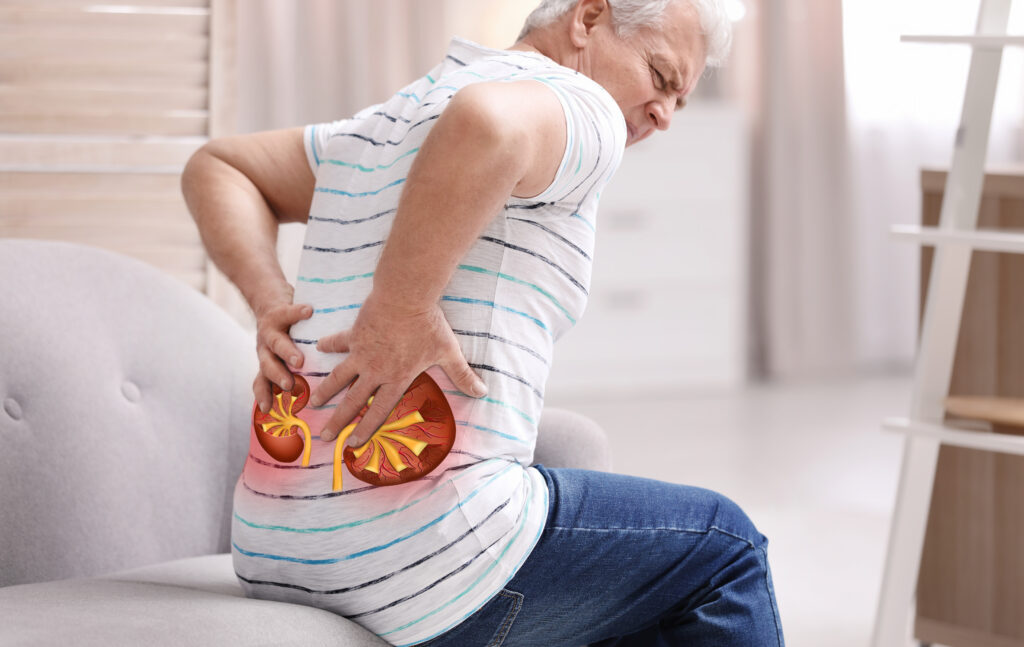Introduction
A renal cyst is a fluid-filled sac that forms in the kidney. Many people have at least one renal cyst, especially as they get older. Often, these cysts are harmless and do not cause problems. However, some people may notice symptoms or need treatment. In this blog, you will learn what a renal cyst is, what causes renal cysts, and the main renal cyst symptoms. Understanding these facts can help you know when to seek medical advice.
What Is a Renal Cyst?
Simply put, a renal cyst is a small, round pouch filled with fluid. It grows on or inside the kidney. Most renal cysts are called simple cysts. These do not usually harm the kidney or cause symptoms. However, some cysts can be complex. Complex cysts may have thicker walls or solid areas. Because of this, doctors may watch them more closely. Renal cysts are common, especially in people over 50. In many cases, people do not even know they have one until it shows up on a scan for another reason.
Causes of Renal Cysts
Doctors are still learning about what causes renal cysts. However, several factors may play a role. For most people, simple kidney cysts develop as a part of aging. The exact reason is not always clear. But, there are some known risk factors and causes:
In most cases, simple renal cysts are not linked to any disease. But, if you have many cysts or a family history of kidney problems, you may need extra care. Because of these factors, it is important to know what causes renal cysts and to talk to your doctor if you have concerns.
Symptoms of Renal Cysts
Most people with a renal cyst do not notice any symptoms. In fact, many cysts are found by accident during tests for other health issues. However, some people may have signs that something is wrong. Common renal cyst symptoms include:
Sometimes, a large cyst can press on other organs. This may cause discomfort or pain. If you notice any of these symptoms, you should see a doctor. Early care can help prevent problems. Also, if you have a family history of kidney disease, regular check-ups are a good idea. Remember, not all kidney cyst causes lead to symptoms, but it is wise to stay alert.
When to Seek Medical Help
Although most renal cysts are harmless, you should contact a healthcare professional if you:
Early medical advice can help you get the right care. In some cases, doctors may suggest tests or treatment to prevent complications.
Conclusion
In summary, a renal cyst is a fluid-filled sac in the kidney. Most are simple and do not cause harm. However, knowing the causes and symptoms can help you stay healthy. If you notice any signs or have concerns, consult a healthcare professional for personalized advice.

